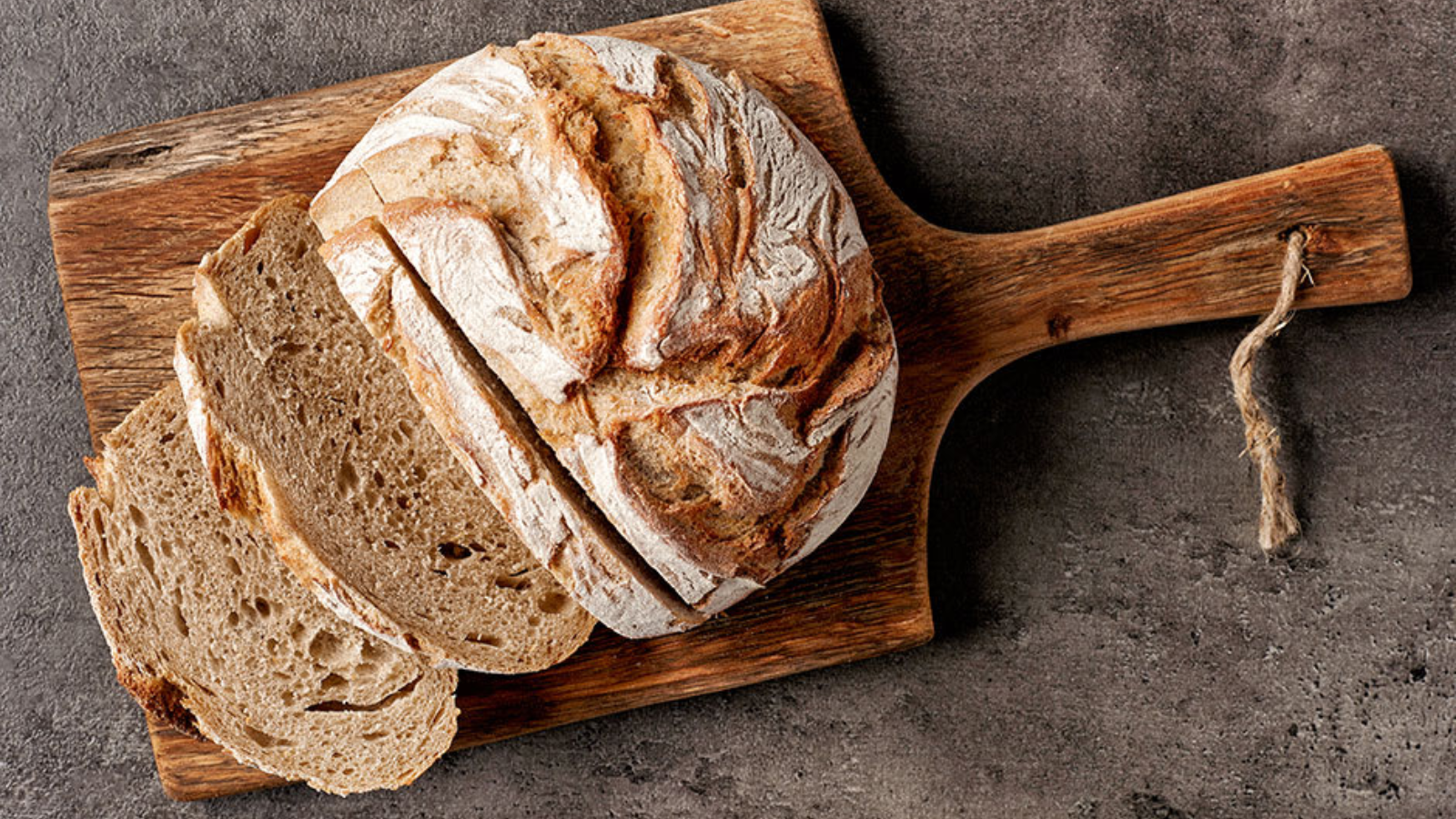Constipation and weight-loss


Digestive health tips
Digestive health is not something we like to talk or think about, but it’s something that can easily affect our wellbeing. There's no rule on how frequently you should go to the bathroom, says the Gastroenterological Society of Australia (GESA), an organisation that focuses on digestive health. While some people empty their bowels twice a day or always after breakfast, other people go to the bathroom four or five times a week. Constipation refers to infrequent bowel movements and arises when your digestive system doesn't function as effectively as usual.
How the digestive process works
“The digestive process begins in your mouth, where different enzymes in saliva act on the food. Your stomach also contains acids that break down food,” explains accredited practising dietitian Emma Stirling. “Food then passes into the intestines. Your colon is the last part of the intestine, and by the time food reaches the colon, the goodness has been sucked out and the bits that are left are indigestible. They are compacted until you’re ready to pass a bowel motion. That’s where constipation can arise.”
The causes of constipation
One common cause of constipation is diet, particularly a diet low in fibre. Fibre is largely indigestible so it travels through to the colon, adding weight and bulk to the compacted food there. Certain medications such as some antidepressants, some antacids and calcium and iron supplements may cause that blocked feeling. Not drinking enough water and a lack of physical activity are also factors.
In some cases, constipation may be a symptom of an underlying medical condition, which is why you should see your GP if your bowel movements change. If you haven’t moved your bowels more than three times in a week or there is mucus or blood in your stools when you go to the bathroom, you should see your GP.
How to tackle constipation
“A change of lifestyle is often enough to get bowels moving,” says Stirling. “The first step is to increase the fibre in your diet to push things through.”
- Fibre: There are three types of fibre – soluble, insoluble and resistant starch. Soluble fibre is found in fruit and vegetables and is good at lowering cholesterol, but insoluble fibre is best for easing constipation. Insoluble fibre doesn't dissolve in water and includes wheat-based cereals, bran, oats and wholegrains. Resistant starch increases healthy bacteria in the gut. It’s found in slightly green bananas, cold cooked rice, potato and legumes.
The Australian Dietary Guidelines recommend that men should have 30 grams of fibre and women should have 25 grams of fibre daily. GESA suggests eating a high-fibre breakfast cereal in the morning and swapping white bread for multigrain or wholemeal bread. It’s also a good idea to opt for fibre-rich snacks, such as fresh fruit and vegetables rather than sugary processed ones.
- Fluid: When you increase the fibre in your diet, you need to increase your fluid intake, too. “If you put fibre in your body, it needs water to soften up and pass through your system,” says Stirling. “Men and women should aim to drink eight glasses of fluid daily” Water is a major player in causing constipation - so drink up!
- Physical activity: Increasing the amount of physical activity you do daily can help get things moving. Take a brisk walk and let gravity take effect. Some simple yoga poses can also help. According to the GESA, other people find it helpful to sit in a different way on the toilet. A small stool placed under the feet alters the angle of the body and, for some people, this reduces the need to strain.
